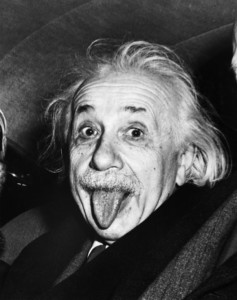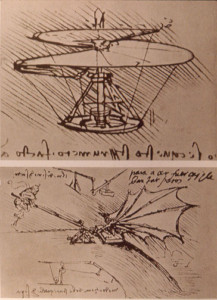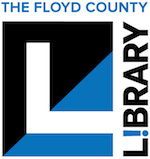Whe n we hear the word genius we typically think of someone who’s super intelligent, but according to the original use of the word a person never could be a genius, instead they had a genius. It meant they were in touch with some sort of Muse or spirit outside of themselves that inspired them to great creativity or gave them power (the word ‘genius’ is connected to the word ‘genie’). Michael Dante DiMartino (co-creator of the TV shows Avatar: The Last Airbender and The Legend of Korra) takes the concept of genius back to its Renaissance roots with his YA novel Rebel Genius (2016; 370 pages).
n we hear the word genius we typically think of someone who’s super intelligent, but according to the original use of the word a person never could be a genius, instead they had a genius. It meant they were in touch with some sort of Muse or spirit outside of themselves that inspired them to great creativity or gave them power (the word ‘genius’ is connected to the word ‘genie’). Michael Dante DiMartino (co-creator of the TV shows Avatar: The Last Airbender and The Legend of Korra) takes the concept of genius back to its Renaissance roots with his YA novel Rebel Genius (2016; 370 pages).
In Rebel Genius we are introduced to young orphan Giacomo who is visited by just such a spiritual Muse – a small, humming-bird like creature with a jewel on its forehead. On one hand Giacomo is thrilled – he lives in Zizzola the legendary art center of the world. The greatest artists in all of Zizzola have also been visited by Geniuses. These spiritual beings always appear as birds and let the artists tap into a great wellspring of magic to create extraordinary things. On the other hand, Giacomo is terrified. The evil Empress Nerezza has taken over Zizzola and declared herself Supreme Creator, outlawing all Geniuses except her own.
 Now Giacomo is on the run, but he takes shelter with three rebel kids with Geniuses of their own. This new generation of artists hide in the home Pietro Vasari, a blind artist who teaches the children how to harness their creative powers – and Giacomo will need all the help he can get when he learns about the Creator’s Instruments – three relics of power that could help bring down the Supreme Creator’s empire. But Giacomo and his friends aren’t the only ones on the quest – fellow artist Ugalino and his living statue Zanobius also seek the instruments, which Ugalino will use to destroy Nerezza’s empire… and replace it with his own!
Now Giacomo is on the run, but he takes shelter with three rebel kids with Geniuses of their own. This new generation of artists hide in the home Pietro Vasari, a blind artist who teaches the children how to harness their creative powers – and Giacomo will need all the help he can get when he learns about the Creator’s Instruments – three relics of power that could help bring down the Supreme Creator’s empire. But Giacomo and his friends aren’t the only ones on the quest – fellow artist Ugalino and his living statue Zanobius also seek the instruments, which Ugalino will use to destroy Nerezza’s empire… and replace it with his own!
Rebel Genius has elements of magical instruction, animal familiar fantasy, dystopian literature, and myth-inspired world-building that will make it a hit with fans of Harry Potter (1998; 309 pages), Sabriel (1995; 491 pages), The Golden Compass (1995; 309 pages), and Percy Jackson (2005; 307 pages), only in this case DiMartino creates a fantasy world out of Italian Renaissance culture. The book itself features many diagrams, charcoal sketches, drawings, and cyphers from this clockpunk world. The sequel, Warrior Genius (2018, 350 pages), was published earlier this year while a forthcoming third book will conclude the trilogy.
